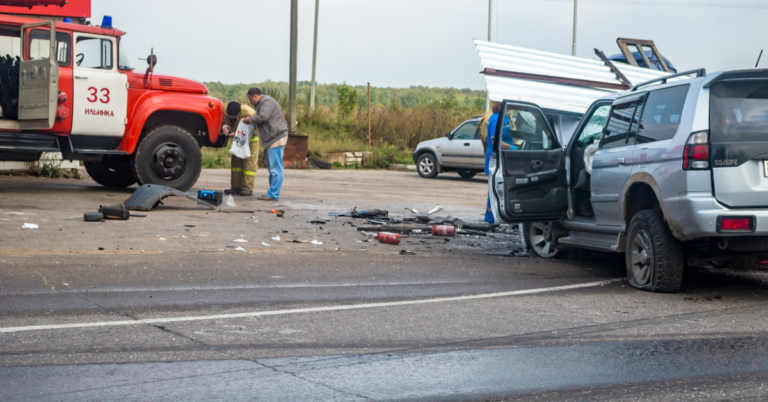Many, many people all around the world get insurance because it’s really important. Insurance helps protect us from bad things that might happen, like getting sick or having an accident.
It’s like a safety net for our money and our belongings.
Whether it’s for our health, our car, our home, or our business, insurance gives us peace of mind knowing we’re covered if something goes wrong.
It’s a way to stay safe and secure financially, and it’s something many people rely on to help them when times get tough.
Why do we need insurance top 5 reasons?
In the United States, the Insurance Information Institute reported that approximately 91% of Americans had health insurance coverage in 2020.
For other types of insurance, such as auto insurance, coverage rates can also vary significantly based on factors like demographics, income levels, and legal requirements.
Top 5 reasons: Why do we need insurance?
- Financial Protection
- Assurance
- Compliance with Legal Requirements
- Financial Security for Beneficiaries
- Asset Protection
Financial Protection
Insurance provides financial support in times of need, covering expenses related to accidents, illnesses, property damage, or other unexpected events.
This protection ensures individuals or businesses can recover financially without facing significant financial strain.
Assurance
By possessing insurance coverage, individuals attain a sense of security, alleviating concerns regarding potential financial hardships resulting from unforeseen events.
This peace of mind fosters a greater sense of confidence and stability in one’s financial future.
Compliance with Legal Requirements
Insurance often aligns with legal mandates, such as the obligation to hold car insurance for lawful driving.
Adhering to these regulations ensures adherence to legal frameworks and protects against potential penalties or legal ramifications.
Financial Security for Beneficiaries
Life insurance serves as a vital tool in providing financial stability to beneficiaries in the event of the policyholder’s demise.
It facilitates the settlement of funeral costs, debts, and provides ongoing financial support to dependents, ensuring their well-being in the absence of the insured individual.
Asset Protection
Insurance helps protect valuable assets such as homes, vehicles, and businesses against damage or loss due to accidents, theft, or natural disasters.
It ensures that individuals or businesses can recover financially and rebuild after such events, preserving their financial well-being.
What types of insurance coverage do I need?
You should think about protecting yourself in case something bad happens. If you get sick or hurt, you’ll need help paying for medical bills.
Also, if you have a car, you’ll need something to help you if it gets damaged or if you accidentally hurt someone while driving.
If you rent or own a home, you’ll want to make sure your stuff is safe in case of a fire or theft.
If you have a family, you’ll want to make sure they’re okay if something happens to you and you can’t work anymore.
So, it’s important to think about different ways to stay safe and make sure you’re covered if something unexpected happens.
What does my insurance policy cover?
Your insurance policy covers specific things depending on the type of insurance you have.
For example, if you have health insurance, it usually covers medical expenses like doctor visits, hospital stays, and prescription medications.
If you have auto insurance, it covers damages to your car and others involved in an accident, as well as liability if you injure someone or damage their property while driving.
Homeowners or renters insurance covers damages to your home or belongings from events like fire, theft, or natural disasters.
Life insurance provides financial support to your loved ones if you pass away.
Carefully review your insurance policy to understand exactly what it covers and what it doesn’t, as coverage can vary depending on the policy and insurance provider.
If you’re unsure, you can always contact your insurance agent or company for clarification.

Hey, I’m Ratiranjan Singha, the Creator of Myworldstuffs.com. I Offer in-Depth Articles and Guides that Help you to Understand Various Financial Concepts.







